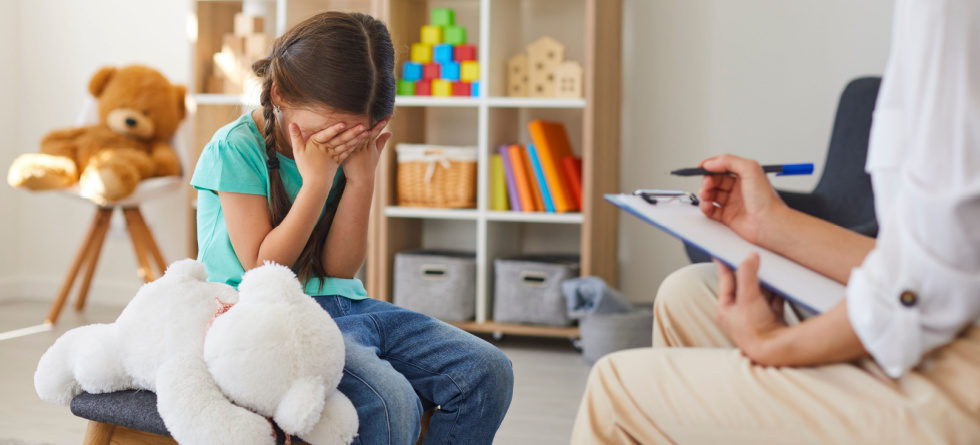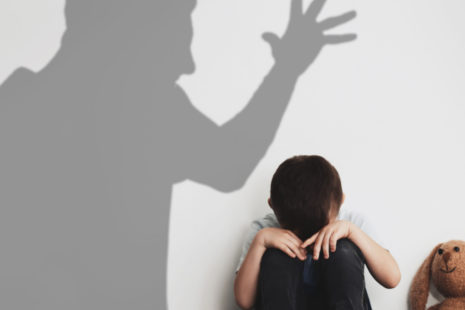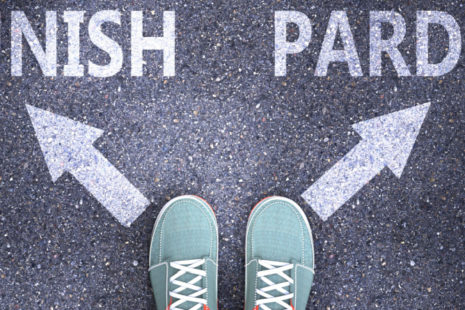Child abuse can have a wide range of negative effects on children in the short and long term. Some of the most common effects of child abuse include the following:
- Physical injuries: Physical abuse can cause various physical injuries, including bruises, cuts, broken bones, and internal injuries.
- Emotional and psychological problems: Children who experience abuse may experience various emotional and psychological problems, including anxiety, depression, post-traumatic stress disorder (PTSD), and difficulty forming and maintaining relationships.
- Cognitive and developmental delays: Children who experience abuse may experience delays in cognitive and developmental milestones, such as language development and academic achievement.
- Substance abuse and addiction: Children who experience abuse may be more likely to develop substance abuse problems and addiction later in life.
- Behavioral problems: Children who experience abuse may exhibit various behavioral problems, including aggression, impulsivity, and self-harm.
- Increased risk of future abuse: Children who experience abuse may be more likely to experience abuse in the future, either as a victim or a perpetrator.
It’s important to note that the effects of child abuse can be long-lasting and impact a child’s physical, emotional, and psychological well-being well into adulthood. Early intervention and support can help to mitigate the effects of abuse and prevent further harm. If you or someone you know is experiencing abuse, it’s important to seek help from a trusted healthcare provider or mental health professional as soon as possible.





